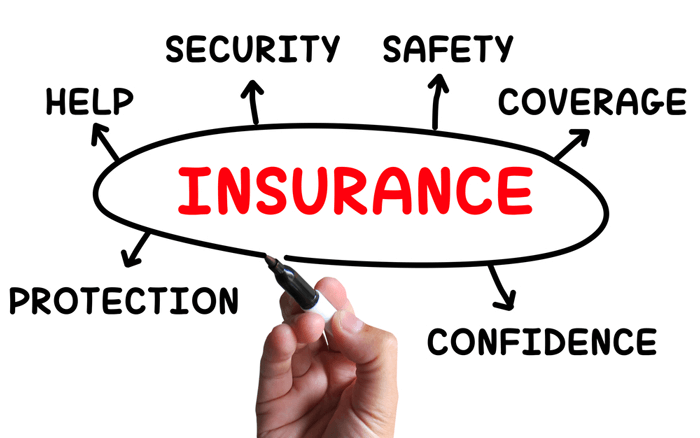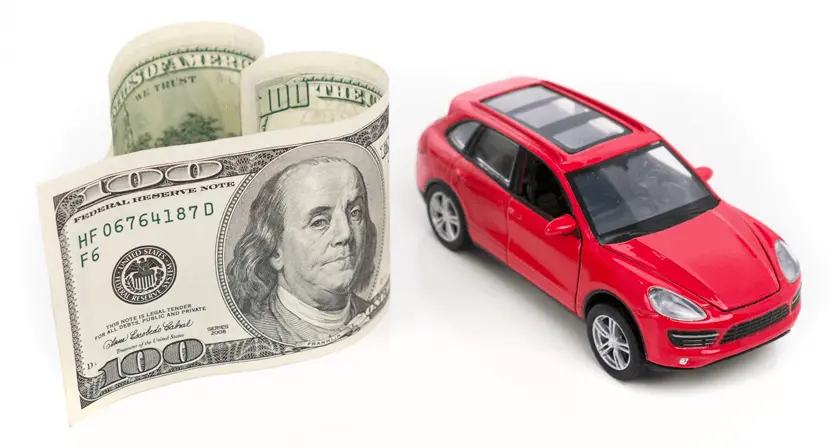The value of your car isn't the only determining factor. Learn more about the many other variables that come into play when shopping for full coverage auto insurance and tips for controlling your costs.
What is Full Coverage Auto Insurance?
The term “full coverage auto insurance” is one that all drivers are familiar with, but most have a hard time defining it. That’s because it’s definition can vary. It implies a comprehensive and thorough insurance policy, but the services included in it are not always the same.
What it Always Contains
There is a minimum amount of features which must be included in any policy in order for it to be considered full coverage. After that, however, insurance companies are free to add the services they feel define full coverage. Some might include extra features and increase the premiums while others stick to the minimum coverage in order to keep the policy’s costs down.
Even though there is no exact definition of what full coverage insurance is, in general most full coverage insurance policies will have three forms of coverage: liability, collision and comprehensive. Liability coverage pays for damages done to another person when the policyholder is at fault. This is the minimum form of auto insurance which all drivers are required to have in order to drive legally. The costs covered by this type of insurance can range from car repairs, property repairs, medical bills to lawsuit costs.
When collision and comprehensive coverage are added to liability insurance the driver is considered to be fully covered. These two forms of insurance protect the policyholder in the event that his car gets damaged. Collision coverage pays for repairs or replacements in the event of an accident while comprehensive coverage takes care of the vehicle in the event of theft, vandalism or acts of nature.
Full Coverage Extras
The extra services which are added to a full coverage policy are usually at the discretion of the insurance providers, but sometimes they are also dictated by the state laws. Some states consider certain insurance services mandatory while others do not. Even liability coverage is susceptible to this. Certain states, such as Florida, distinguish between Property Damage Liability and Bodily Injury Liability and only the former is a legal requirement. That means that the insurance company will only pay for damages done to someone’s property and not for any medical bills.
Another example would be Personal Injury Protection (PIP) which, again, is mandatory for a full coverage policy in some states, but not in others. Besides covering medical expenses for bodily injury, PIP also pays for emotional damages, libel, defamation and even any wages lost due to the accident.
Be Aware of Your Limits
Another consideration with full coverage insurance is that some drivers might not be aware of the fact that no insurance will protect you in all scenarios. There will always be a limit to how much the insurance company is going to pay in the event of an accident. This limit is predetermined and agreed upon by both you and your insurance provider. After a collision in which the policyholder is at fault, the first things the company pays for are the damages to the other party. If those costs happen to exceed the limit of the insurance policy, then the policyholder will be forced to cover the rest of the expenses caused by the accident.
Understand Your Policy
Thinking that you are fully protected because you have full coverage auto insurance is a mistake with possible financial consequences. It is recommended that you be aware of all of the minor details of your insurance policy as well as your state requirements in order to better understand how well your assets will be protected if you are ever involved in a major automobile accident. The best way to find out is simply to call your insurance provider and ask them. They will gladly tell you what your current policy covers you for and what your limits are for each form of protection.
Here is a list of the most common coverages available:
- Liability
- Comprehensive
- Collision
- Uninsured Motorist
- Personal Injury Protection (PIP)
- Gap
- Roadside Assistance


